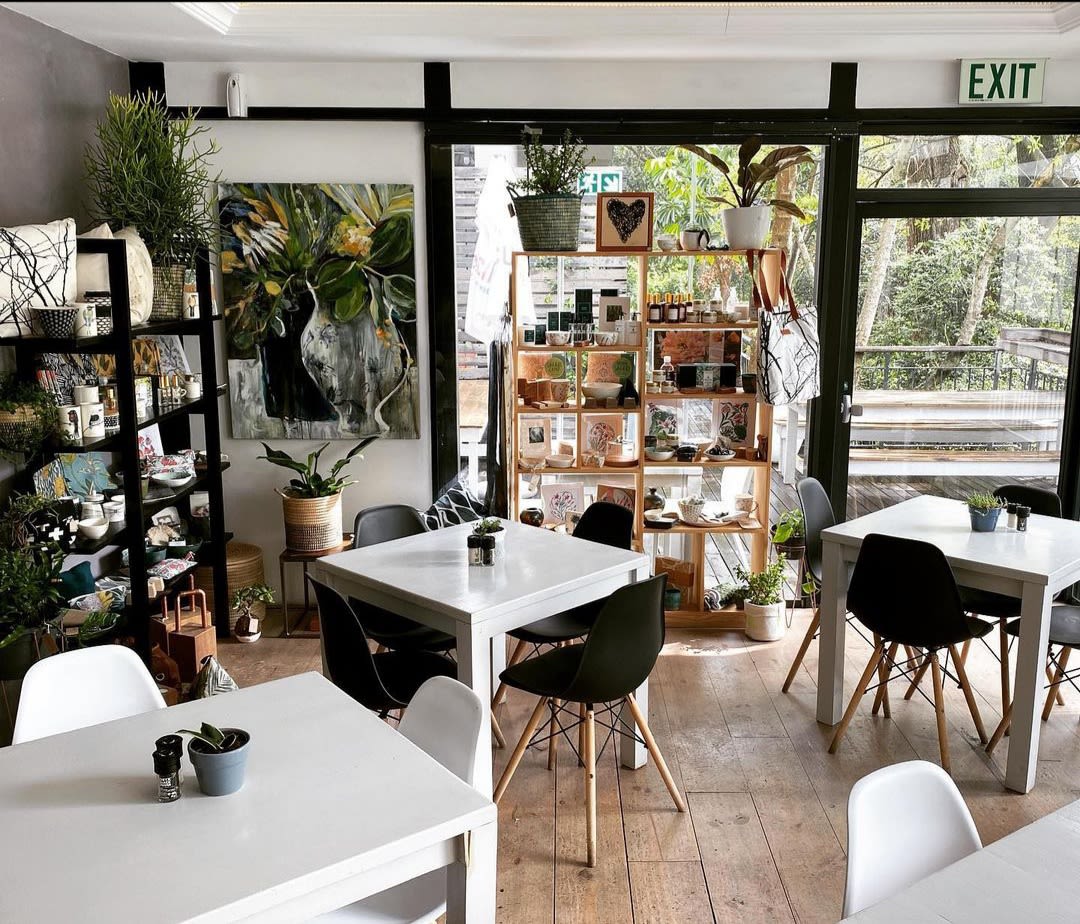How to create a seamless process to move your business online - without disrupting customers

Moving your business online can be a disruptive process for staff and customers. As the world was forced into multiple lockdowns following the onset of Covid-19 in March last year, many small businesses have had to make this transition without disrupting their number one asset: customers.
Since then, there has been a significant shift in customer habits - customers now prefer to shop online. In 2020, goods bought online globally grew by 24%, while store-based sales declined by 7%, Forbes reported. Locally, e-commerce revenue is expected to show a rapid annual growth rate of 8.16% in South Africa each year until 2025, according to Statista. Recent research from Visa revealed that 42% of consumers said they now shopped for groceries online in South Africa.
Making a seamless move online is therefore crucial for the survival of many small businesses today. We spoke to two South African businesses who had different experiences in making this move, and they shared some of the tips and lessons they’ve learnt during this period.
A chance to 'stay in the ring'
Lulu & Marula is a natural skincare brand founded in Johannesburg in 2013. Today, its 20 employees create environmentally conscious, scientifically formulated skincare that works with the skin to balance and boost its natural processes, using only botanical or plant-derived ingredients in their products.
La Cuccina is a 20-year-old family establishment operating at the Josephine Mill near the famous Newlands Stadium in Cape Town. Its 20 staff members ensure that all customers enjoy a relaxed, friendly atmosphere over good food at its two restaurants. It has also pivoted to making ready-made meals that customers can order to eat later in the week to supplement its revenue.

La Cuccina
La Cuccina
For both businesses, the transition to online-only brought on by the first lockdown was a polarising experience. For La Cuccina, working in the restaurant industry meant being hit twice by the pandemic: first by the hard lockdown and subsequent closure, and then by limited trading. For them, pivoting to online meant either death or survival.
"There's no use sugar coating; it was horrible, more psychologically than physically, as we have such a massive responsibility as small business owners to provide for our staff and their families," says Ian Gersowsky, owner of La Cuccina.
"The move to online resulted in a significant shift in our revenue stream and, in all honesty, saved us during the hard lockdowns. It maximised revenue streams and allowed us a chance to stay in the ring."
For Lulu & Marula, on the other hand, the business had been primed to sell its skincare products online, and the transition was found to be "relatively easy".

Lulu & Marula's balancing face hydra serum.
Lulu & Marula's balancing face hydra serum.
"We already have a digital team and could now expand our online targeting as other expenses reduced during lockdown," says Monique Spaltman, Formulation Specialist at L&M.
"We were all setup to pack online orders from home, we distributed from our house and, thanks to the internet, could communicate via video call. Courier services were essential services and we had daily collections. There was little disruption to our customers except that they could now only shop online and not in store."
Tips and insights to moving online
Both businesses share their core tips and insights for other small businesses looking to make the transition to online without disrupting their customers.
Use a specialist – For La Cuccina, moving online meant improving customers’ ability to shop and purchase their product digitally. For Ian, getting a specialist in to help with the functionality of their website was the number one priority.
"Instead of having a marketing website that happens to sell food, we changed it very quickly to an online shop that sells beautiful food," says Ian.
"My big lesson is to get a specialist in for your website that cares more about the online store working, rather than [only] using it as a marketing platform."
Always be visible, make it personal – With so much competition online, customers are less loyal to traditional businesses, says Ian. Thus businesses need to constantly be updating their brand presence and engaging online.
For La Cuccina, this meant making the online experience a personal one rather than transactional. "As the owner, I became involved in answering any requests personally. It helped replace the little touches you would employ in your brick-and-mortar business."
Use an e-commerce platform – For Lulu & Marula, if a small business doesn’t have the capacity to ramp up its own website, it can use amazing website platforms that make it easy to build an online store.
"These online platforms have really good templates and easy-to-use support services," says Monique. To find out which platforms are good for starting out, click here.
Margins are higher, reach is wider – For Lulu & Marula, the reason a small business should consider transitioning to online is two-fold. "Margins are higher when you are supplying direct to the consumer and not through a wholesaler. As a result, you can reach a wider market with relatively small expenditure. With the internet, anyone from anywhere can access your website and you do not have to rely on foot traffic to enter a physical store."
Invest in an online accounting platform
Lulu & Marula uses Sage Accounting, the market leader in cloud-based accounting solutions. "We used it from early in the business journey. It was an essential tool in facilitating the growth of the business," says Monique. "It is time saving and the interface is user friendly. Also, the types of reporting that Sage Accounting offers are extremely helpful for forecasting, inventory control and the usual monthly and annual sales reports. The platform offers so much more – we have not even used it to its full potential yet."
Ian says it's been such a challenging period in the life of a restaurant owner that admin should not be another cause for concern. "Without a system or an online platform, I can only imagine how much would be lost or unaccounted for, even more so as restaurant owners who are notoriously poor at admin."
As more businesses consider the best way to embrace the move online, Ian’s final words of advice are: "Whatever you do, don’t rest on your laurels and stay still in your business. Be kind, grateful and considerate as many people are going through tough times. Just be there for your customer."
The Sage Own It entrepreneurship series is an inspirational content series featuring personal accounts from South African entrepreneurs. The advice series targets people taking a step into entrepreneurship or in the early stages of running a small business.
For more in the Own It series, go to our homepage.



